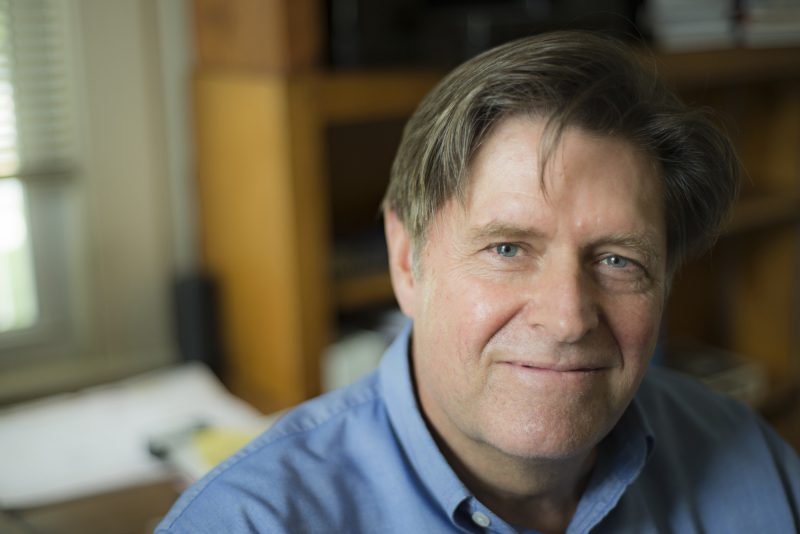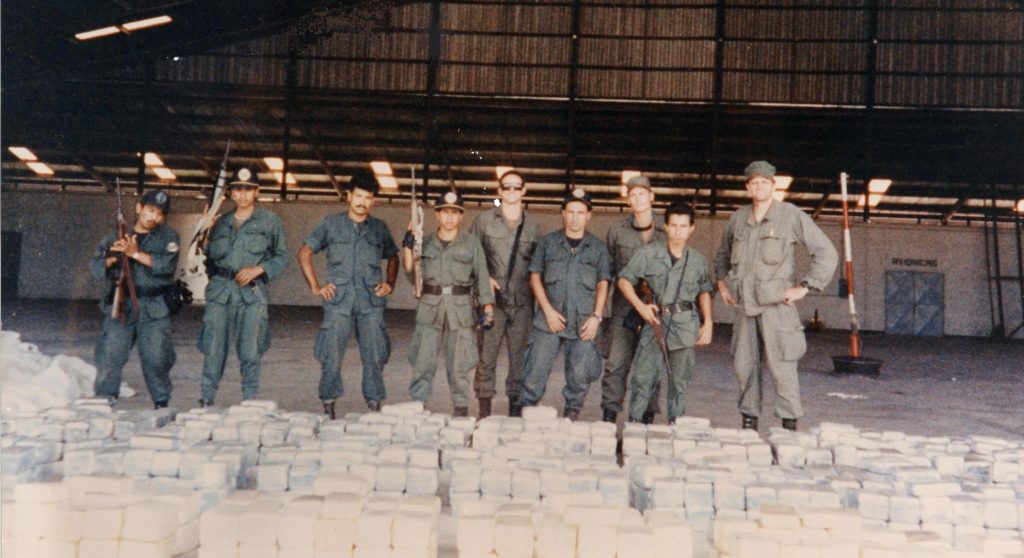The New York Police Department offered Keith Smith a nice, low-crime precinct when he joined the force there 34 years ago. But he had something else in mind.
“I was looking for a more high-crime area,” he said. He got assigned to Central Harlem, a district “eaten up with drugs” at the time.
 Although there was more danger patrolling neighborhoods riddled with drugs, violence, and abuse, Smith also saw more opportunity to do good. “Those neighborhoods need more help,” he said. “You can do way more in those areas to affect change and cause positive things to happen than you can in a less dynamic place.
Although there was more danger patrolling neighborhoods riddled with drugs, violence, and abuse, Smith also saw more opportunity to do good. “Those neighborhoods need more help,” he said. “You can do way more in those areas to affect change and cause positive things to happen than you can in a less dynamic place.
“It’s kind of like being a social worker with a gun.”
In the three decades since, Smith has fought crime on city streets, the jungles of Latin America, and deserts in the middle east. Today, he teaches criminology at University of Lynchburg.
His classes blend book learning and theory with his real-world experiences that illustrate and enforce the concepts he covers in class. His students appreciate the chance to learn how criminal justice theory applies in real-world situations.
Professor Smith grew up in a military family, and followed in his father’s footsteps when he was old enough to enlist. He was assigned to the Presidential Security Company, which provided security at the White House and Camp David. While serving there, Smith contemplated joining the Secret Service before deciding to pursue work as an urban police officer. He joined the police department in Portsmouth, Virginia, in 1977 while he completed a bachelor’s degree in governmental administration. He transferred to the NYPD in 1983.
Smith relished the opportunity to not only enforce the law, but help individuals. “Some of their issues are almost overwhelming, but you can cause positive things with individuals,” he said. “It’s hard to change a whole neighborhood, but you’ve made a big difference in that one person’s life that day.”
After a few years, though, he learned the department wanted to pull him off the streets to teach in the police academy. He wasn’t ready to teach full-time, so he accepted a position with the U.S. Drug Enforcement Agency. After tours of duty in several U.S. cities, he transferred to Latin America. There, he led teams that destroyed labs and airstrips used to manufacture and transport drugs. “It was hard work but a lot of fun,” he said.

Over the past 15 years, Smith has worked as a federal air marshal, foreign service officer, and a consultant to Army units in Iraq and Afghanistan. “I’ve always had a job I liked,” he said. “Friday comes along and I don’t want to stop working.”
Eventually, he decided to change the pace of his career by pursuing teaching. He had earned a master’s degree in criminal justice in 2008, but in 2014 he enrolled in a program designed to prepare law enforcement officers to become teachers.
At Lynchburg, Smith teaches classes about the criminal justice process, international justice systems, and women in criminal justice — which examines the roles women play as offenders, victims, and enforcement officers. He also is working with a Spanish professor to organize a study abroad trip to Bolivia.
He loves “light bulb” moments when students make connections between different concepts and real-world experience. “I’m not just teaching. I can give people firsthand experiences regarding different careers when they’re considering what they want to do,” Smith said. “They know what they’ve seen on TV; this is what I saw in real life.”
He hopes his experience prepares students for careers they will love. “On Friday afternoon, I want them to be disappointed that they have to stop working for a couple of days.”
Criminology has been one of the fastest-growing undergraduate majors at University of Lynchburg in recent years, and the department also offers a master’s degree in criminal justice leadership available in an executive format for working professionals.

